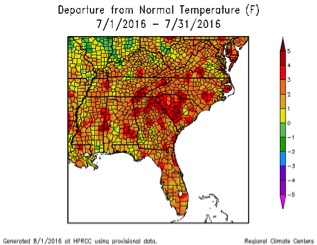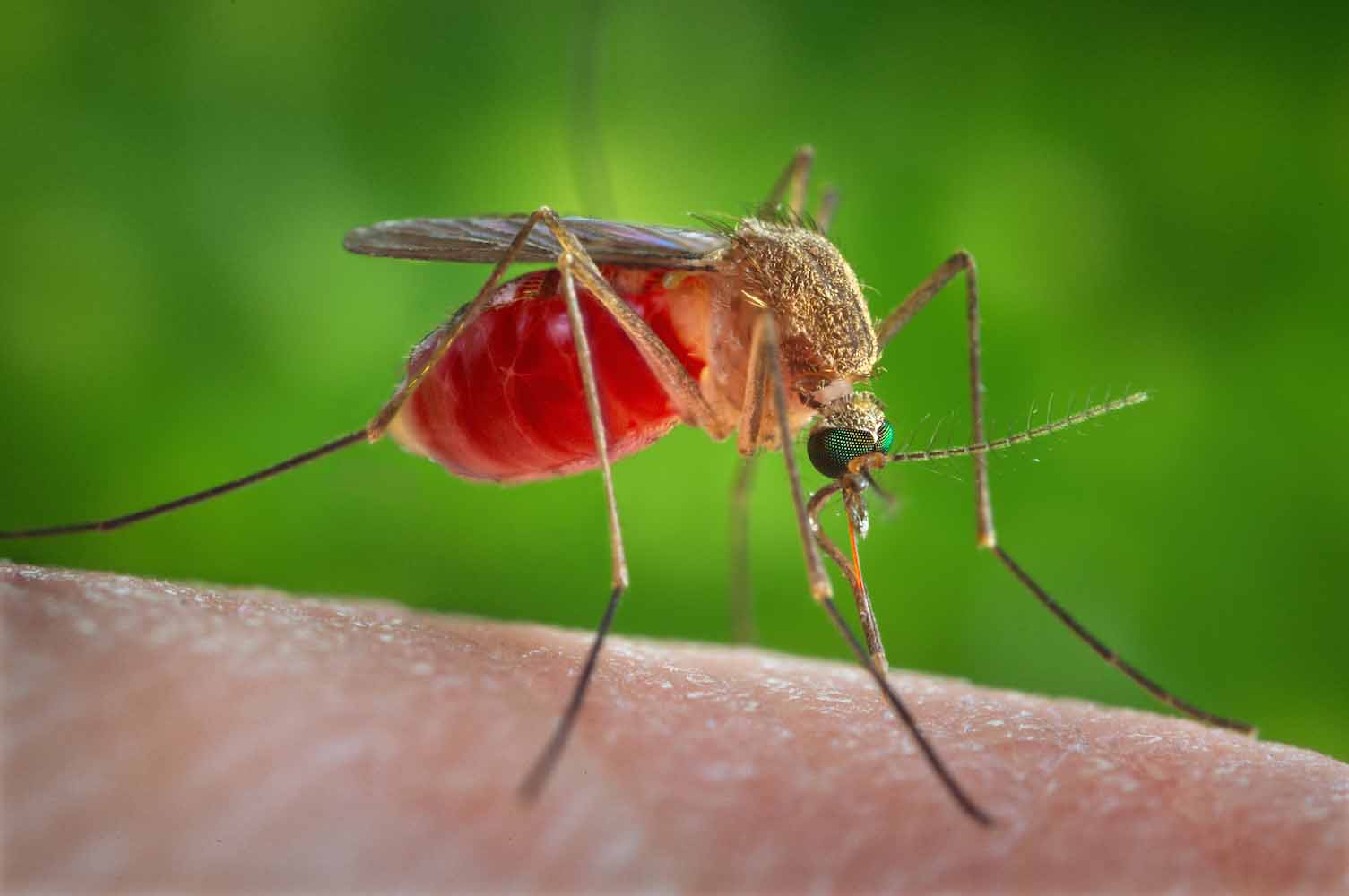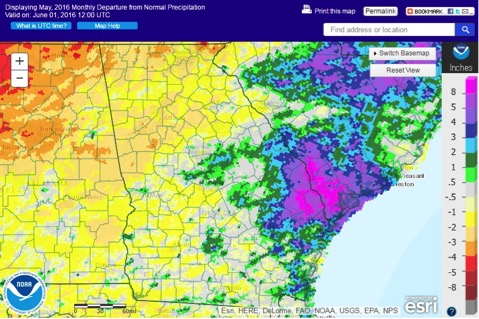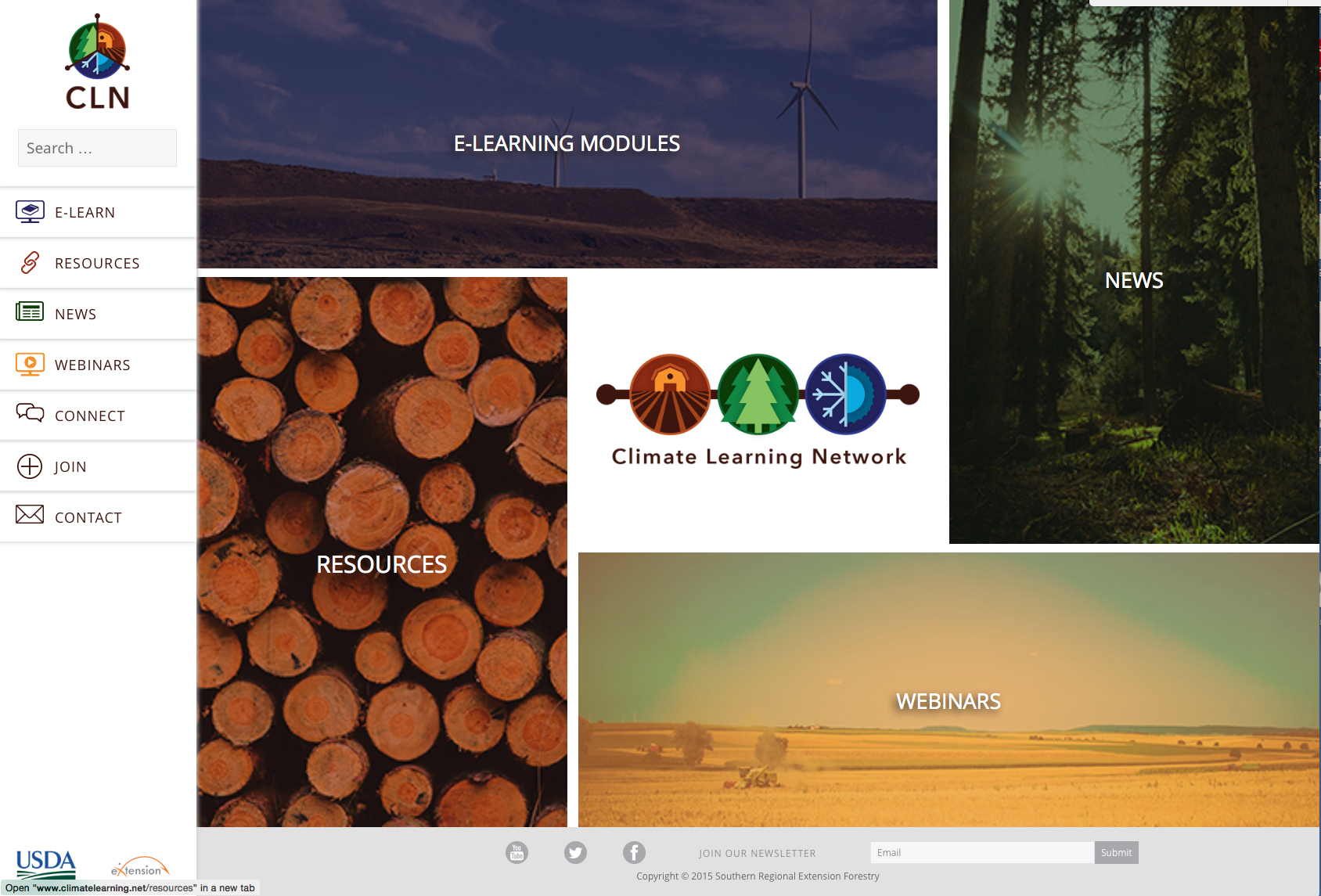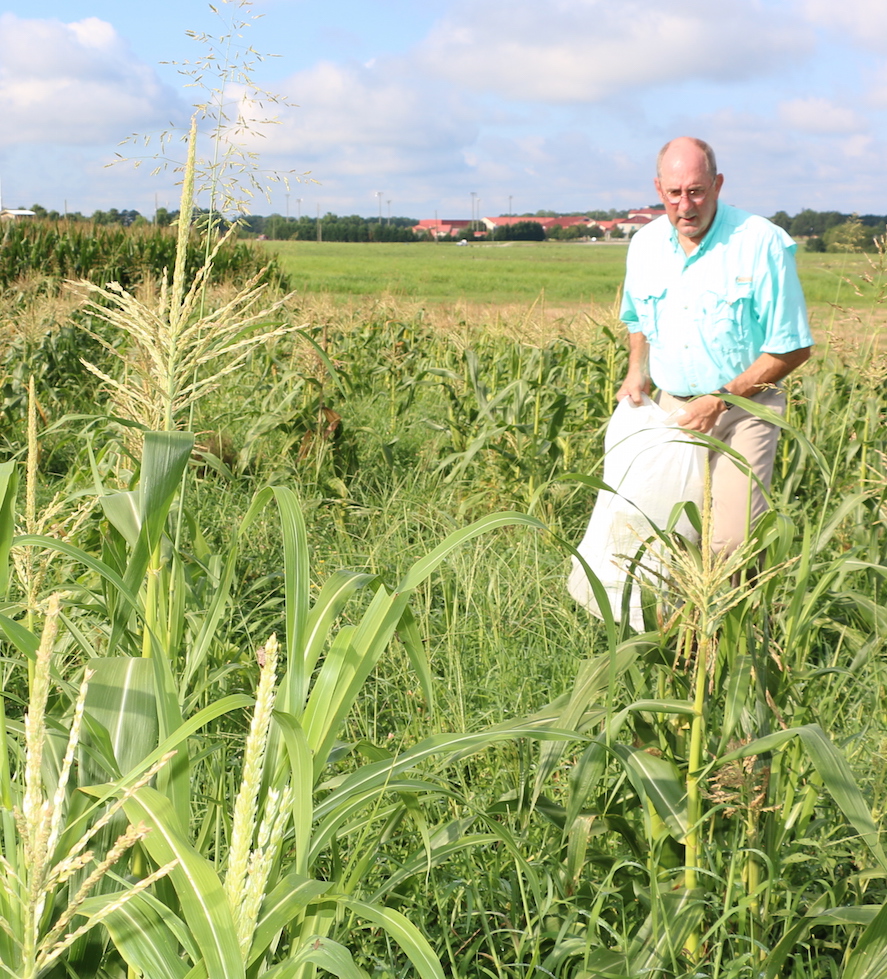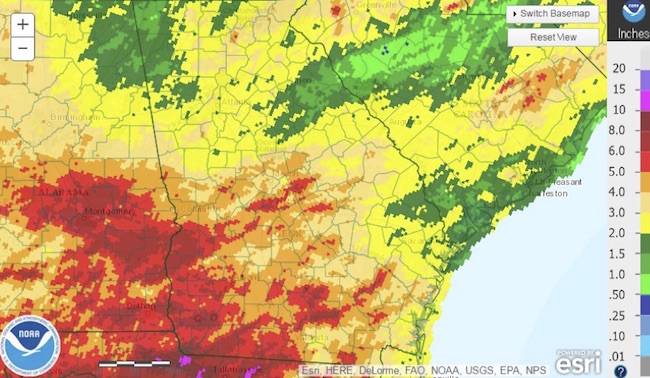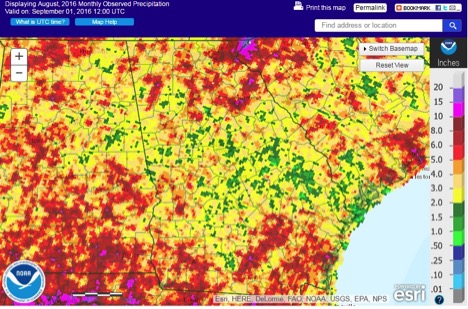 CAES News
CAES News
August Climate
Rainfall in August reduced the area of extreme drought in northern Georgia. However, abnormally dry conditions and drought expanded in central and south Georgia, especially in coastal areas.

